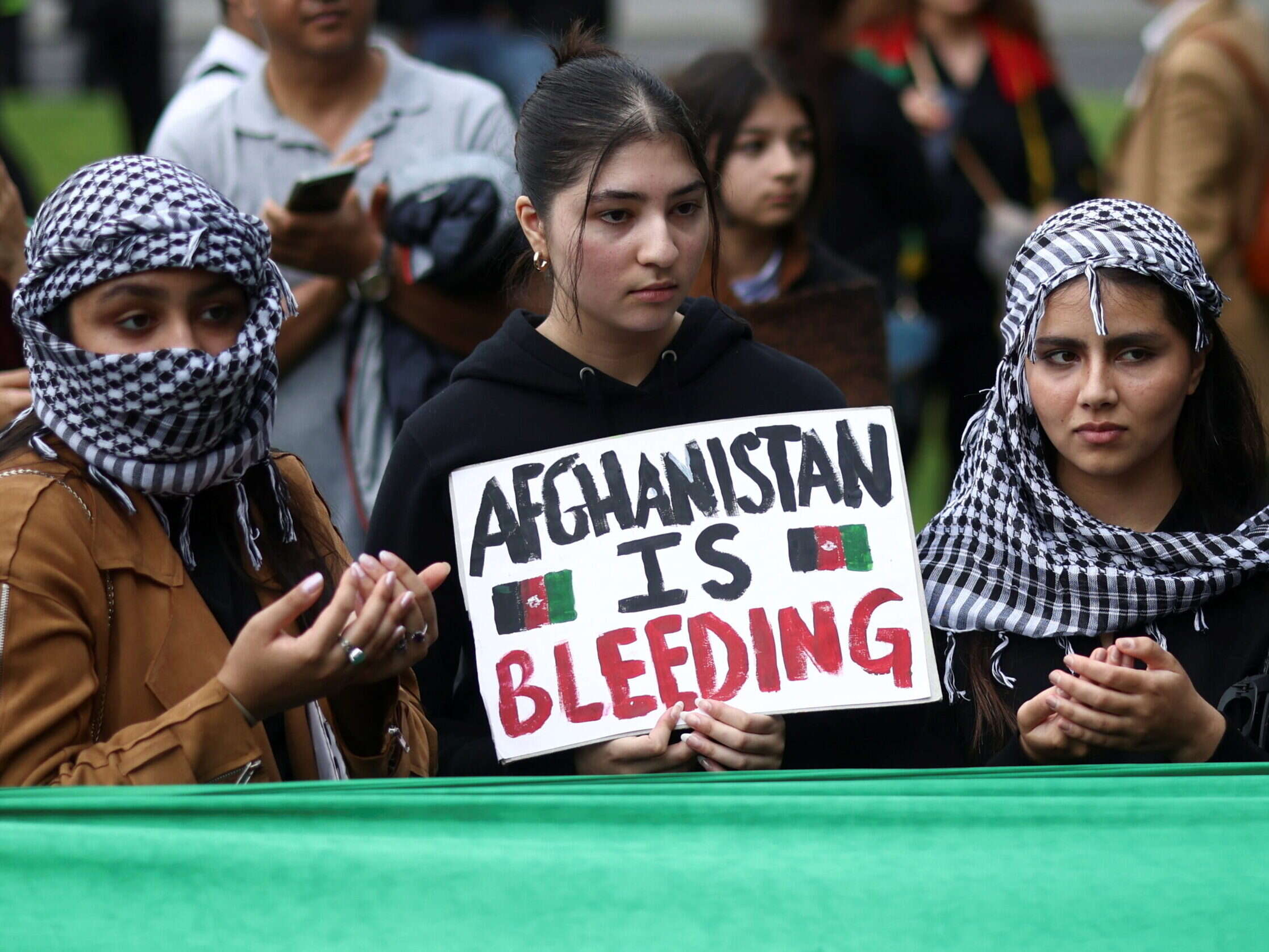
An Afghan who worked for the BBC has said his country is currently the “worst place in the world” to be a journalist, as he seeks evacuation to the UK with his wife and baby.
Abdullah, whose name has been changed for his security, also criticised the BBC for not helping him to escape, adding that he had thought the company was “family”.
Until a few years ago he had worked for the broadcaster for half a decade, but is now in hiding with his young family after the Taliban sent him death threats and raided his abandoned home.
“It is, right now, the worst place in the world to be a journalist,” Abdullah, in his 30s, told the PA news agency.
“People that work with foreign media outlets are labelled as spies [working with] Westerners.
“If you came to a Taliban fighter and told them you are a journalist and you work with an international organisation I am 100% sure you will be directly shot in the head.
“[Even] friends from local TV networks… they keep texting me, saying they’ve even been beaten by the Taliban for just carrying a camera.”
[Read more: Some 200 Afghan journalists given right to settle in UK following appeal from media outlets]
Away from the BBC, Abdullah has presented stories on western TV channels and worked as a social activist championing women, children and education, and been a translator for UK and US armed forces.
It is hoped the latter may help him to qualify for the Afghan Relocations and Assistance Policy (ARAP) from the UK’s Ministry of Defence.
He may also be eligible for the Afghan citizens’ resettlement scheme (ACRS) as a vulnerable person, due to his work as a journalist, coupled with being a part of the Uzbek and Shia ethnic and religious minorities.
However, all of these factors have also made him more of a target for the Taliban.
“This situation is really worrying. I don’t know, maybe today, or tomorrow, or the next day I would be killed,” he added.
“I have a baby girl… I want her to grow up somewhere that she could learn more, she could be open-minded.”
Abdullah is calling on the UK government to evacuate him with his family, along with all others who are eligible.
He said he contacted colleagues at the BBC for help but was told they did not have a plan to evacuate former staff members “at present”.
“[They said] our priority is the current BBC staff members,” Abdullah said.
“I feel really regretful about what they replied to me… every moment is a danger, our life is at risk.
“The BBC should do [me] a favour, should help me out from this misery… from the current calamity.
“I thought the BBC was part of my family, that’s why I worked enthusiastically with them… we gave everything to the BBC.”
Abdullah also commended his time working with the British broadcaster, adding it had “provided us with everything”.
A BBC spokesperson said: “The BBC has been working around the clock with governments, the military and expert teams to find options for evacuating colleagues and their immediate families from Afghanistan.
“We have so far managed to successfully evacuate several hundred people to the UK and we are doing all we can to ensure the safety of staff and their families who currently remain in the country whilst we continue to explore all other options.
“We have every sympathy with former staff but we regret we are not in a position to extend our direct support to them.”
PA understands there are still current BBC staff and their families trapped in Afghanistan.
Picture: Reuters/Henry Nicholls
Email pged@pressgazette.co.uk to point out mistakes, provide story tips or send in a letter for publication on our "Letters Page" blog
